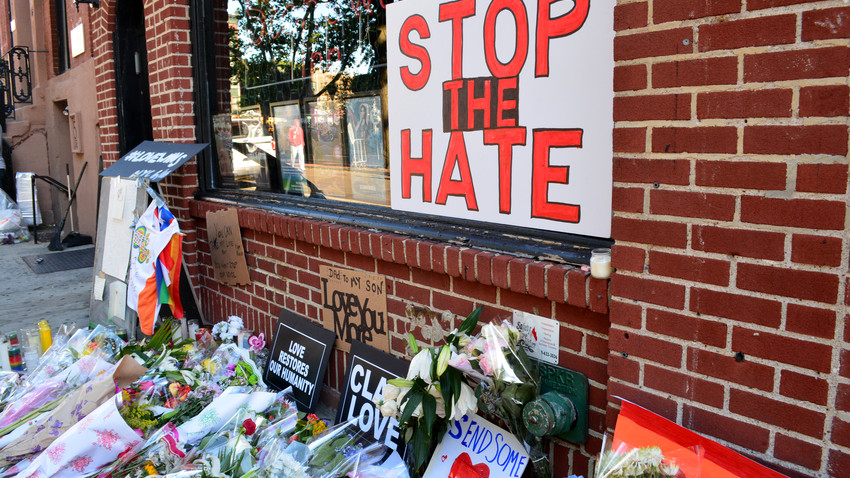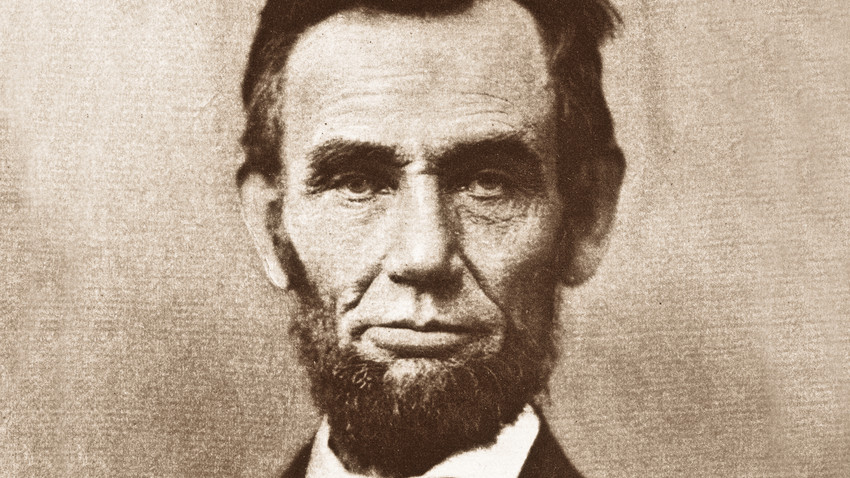Remember being a child and sitting with your little friends in a long row, perched on chairs a bit too tall for all of you—remember what you did with your legs? Why of course—we sat there kicking and swinging our legs as if there were no tomorrow. G. K. Chesterton once commented about those indefatigable legs: “A child kicks his legs rhythmically through excess, not absence, of life. Because children have abounding vitality, because they are in spirit fierce and free, therefore they want things repeated and unchanged” (Orthodoxy 61).
Now that we’re older, of course, we with the Apostle declare, “I put away childish things” (1 Corinthians 13:11). For such repetitive activity no longer pleases us. Chesterton again: “They [children] always say, ‘Do it again’; and the grown-up person does it again until he is nearly dead.” Come on, Daddy, one more time—please—I can’t, we croak! “For grown-up people are not strong enough to exult in monotony”(ibid).
And then Chesterton, that jovial spiritual provocateur of last century England, pivots to God. “Perhaps,” he muses, “God is strong enough to exult in monotony. It is possible that God says every morning, ‘Do it again’ to the sun; and every evening, ‘Do it again’ to the moon. It may not be automatic necessity that makes all daisies alike; it may be that God makes every daisy separately, but has never got tired of making them” (ibid).
After all, He keeps making new years. And they keep coming, like those swinging legs, faster and faster. “Do it again,” the Lord of this campus cries out. And “do it again” the new year comes. And “do it again” we gather on its cusp to welcome it.
“Behold, I make all things new” (Isaiah 43:19). Could it be that promise is what moves the Creator to repeat-create the little daisy as well as the weighty new year? “Do it again,” because in the fresh vitality of a new creation, the sky above His throne is no longer the limit.
“If anyone is in Christ, the new creation has come: The old is gone; the new is here!” (2 Corinthians 5:17).
And because it is, we gather from across this university to worship Him Who has already summoned time not yet here to “do it again.”
“It may be that He has the eternal appetite of infancy; for we have sinned and grown old, and our Father is younger than we” (ibid).









